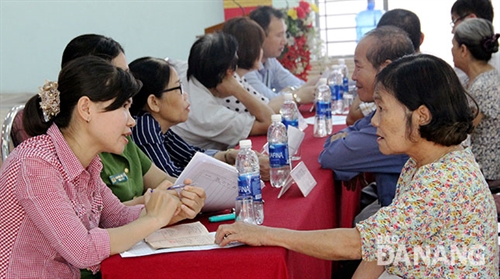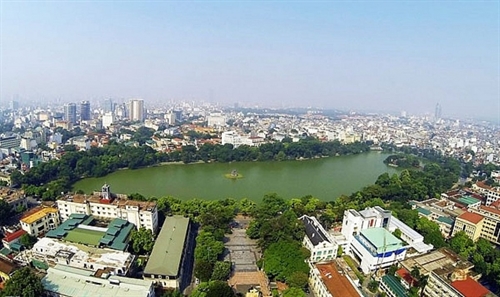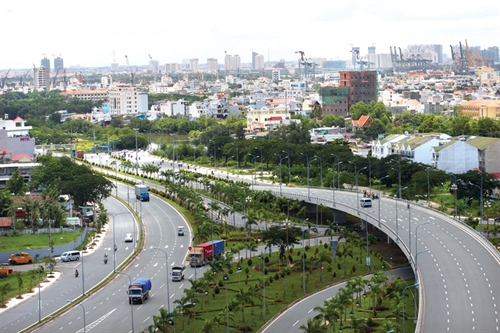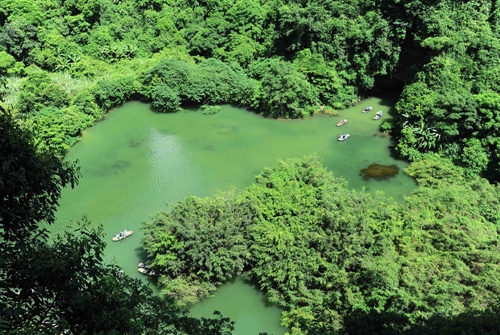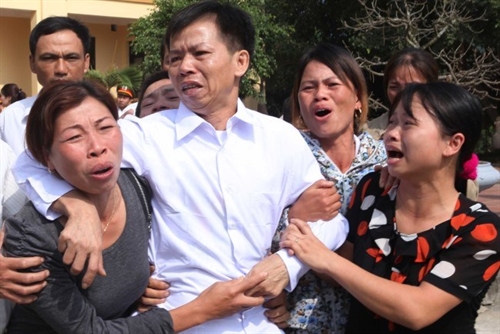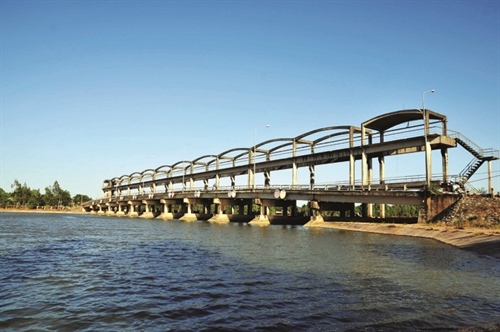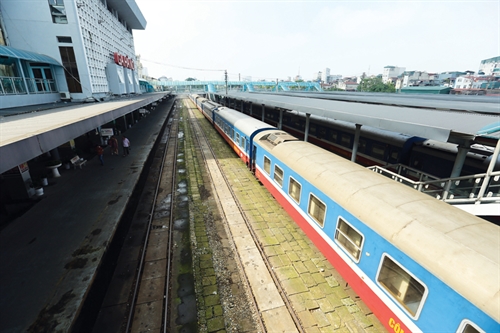The Law on Denunciations (the Law), which will come into force on January 1 next year, aims to further facilitate the people’s exercise of their right to denunciation and better protect whistleblowers.
The nine-chapter and 67-article Law prescribes the lodging and settlement of denunciations of illegal acts in task performance and in the state management work. The Law also provides protection of denouncers and management of the denunciation settlement work.
As per the Law, denunciation is a report delivered by an individual to a competent agency, organization or person on an illegal act committed by any agency, organization or individual which harms or threatens to harm the interests of the State or lawful rights and interests of agencies, organizations and individuals.
To define the responsibilities of denouncers and prevent the abuse of forms of denunciation to lodge wrongful denunciations, the Law retains two forms of denunciation set in the 2011 Law, which are denunciations made in written and verbal forms.
Compared to its predecessor enacted in 2011, the Law contains numerous new provisions.
Settlement of anonymous denunciations
The receipt and settlement of anonymous denunciations are introduced in Article 25 of the Law.
Accordingly, competent agencies or persons may refuse to process denunciation information in the following cases:
- The denunciation information does not indicate the name and address of the denouncer;
- The denouncer cannot be identified even after examination and verification;
- The denouncer uses another person’s name;
- The denunciation information is provided in a form other than those referred to in the Law.
However, the denunciation information with clear information on the violator, specific documents and evidences on the violation, and grounds for examination and verification will be received for inspection and examination.
Shortened procedures for denunciation settlement
The denunciation settlement will follow four steps, instead of five as prescribed in the 2011 Law.
According to Article 28 of the Law, a denunciation will be settled in the following order: (i) accepting a denunciation for settlement; (ii) verifying denunciation contents; (iii) making conclusion on denunciation contents; and (iv) settling the conclusion on denunciation contents by the denunciation settler.
The Law also cuts the time limit for settling a denunciation to 30 days from 60 days under current regulations, counting from the date the denunciation is accepted. This time limit may be extended once for no more than 30 days, for complicated cases, or twice for 30 days at most for each extension, for particularly complicated cases.
Withdrawal of denunciations
Noticeably, the Law allows denouncers to withdraw their denunciations.
The withdrawal of denunciations must be made in writing.
Under Article 33 of the Law, the denouncer may withdraw the whole or part of denunciation contents before the denunciation settler makes a conclusion on denunciation contents.
However, the withdrawn denunciation will still be settled in case the denunciation settler has grounds to believe that the withdrawal is made because the denouncer is threatened, or deems the denounced act showing signs of violation or the denouncer making wrongful denunciations to harm the denounced person.
In this case, the denouncer remains liable for his denunciation and must pay compensation for damage caused.
Denouncer protection
To encourage people to inform competent authorities of corruption acts and violations, the Law devotes a separate chapter, Chapter VI, to providing for denouncer protection.
Accordingly, the scope of protection of denouncers covers their personal information, working positions, jobs, life, health, assets, honor and dignity. The protection will also be provided to the denouncers’ immediate relatives, including spouses, natural and adoptive parents, and natural and adopted children.
Under the law, agencies competent to settle denunciations have the responsibility for denouncer protection. Other agencies such as denunciation-receiving and -verifying agencies, police agencies, and People’s Committees at all levels will, within the scope of their tasks and powers, have to protect denouncers and their relatives.
The Law also contains clear provisions on denouncer protection measures, the order and procedures for protection, and the rights and obligations of to-be-protected denouncers.
Together with the above-mentioned new provisions, the Law creates a new chapter, Chapter V, to the organization of implementation of conclusions on denunciation contents. This Chapter defines responsibilities of denunciation settlers, denounced persons and related agencies, organizations and individuals for implementation of such conclusions.- (VLLF)
